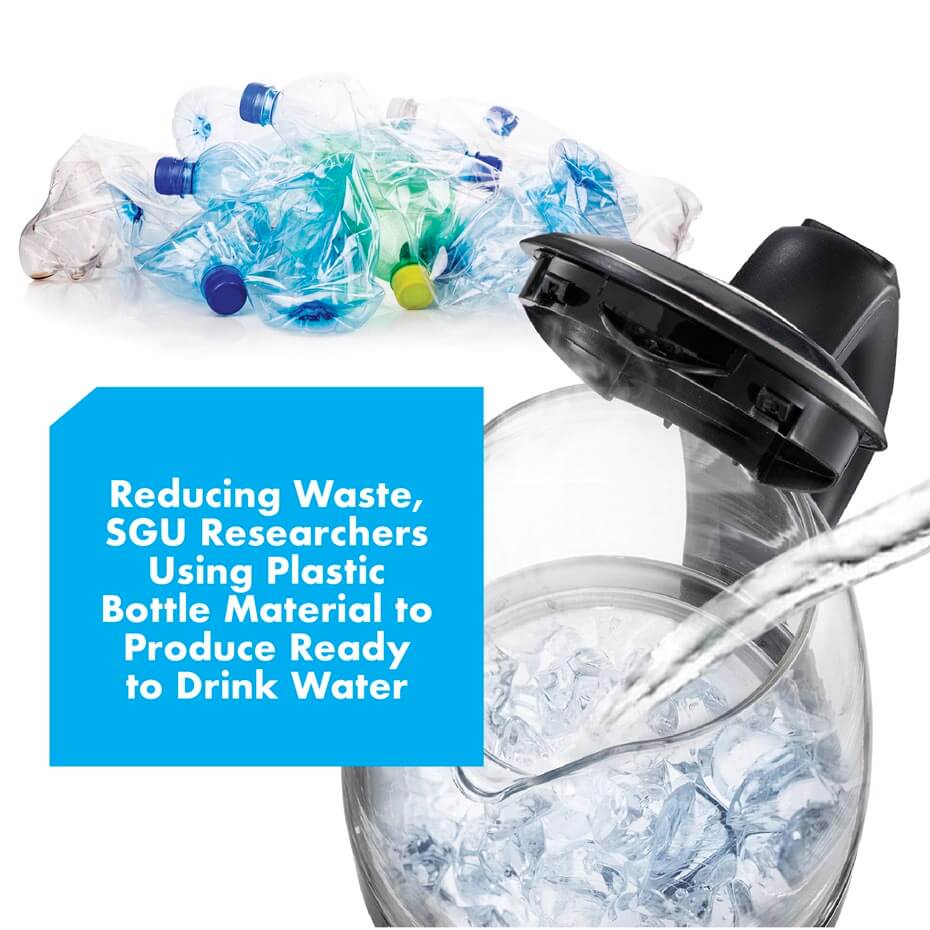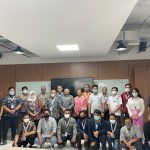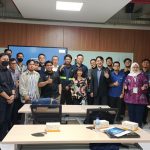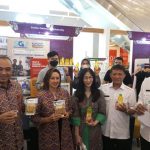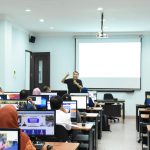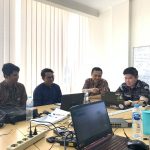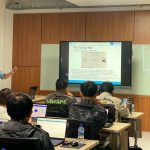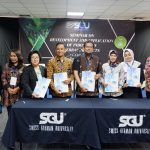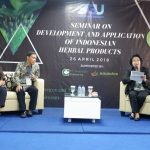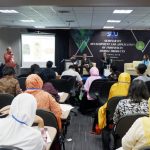Swiss German University researcher uses plastic bottle waste to make ultrafiltration membranes. This discovery can help reduce plastic bottle waste and also substitute imported raw materials for making ultrafiltration membranes.
In daily life, we usually boil water to kill bacteria and viruses before consuming it. However, the process of boiling it will be difficult for industries or factories that need a lot of water. This includes the bottled drinking water industry which has been widely consumed by urban communities.
That is why the industry then carries out a distillation process so that the water becomes fit for consumption or processed by the industry. This process requires membrane ultrafiltration that can separate pure water from other components including bacteria and viruses. Industries that require water purification equipment include pharmaceuticals, processed food, and beverages.
Unfortunately, until now no one has been able to produce ultrafiltration membranes in Indonesia. As a result, the Indonesian industry has to import these membranes from another country.
“The problem is in the raw materials, all imports. We want to produce the tools too, but the raw materials are still imported and the price is expensive, ”said Samuel P. Kusumocahyo, a lecturer at the Department of Pharmaceutical Chemical Engineering, Faculty of Life Science and Technology, SGU.
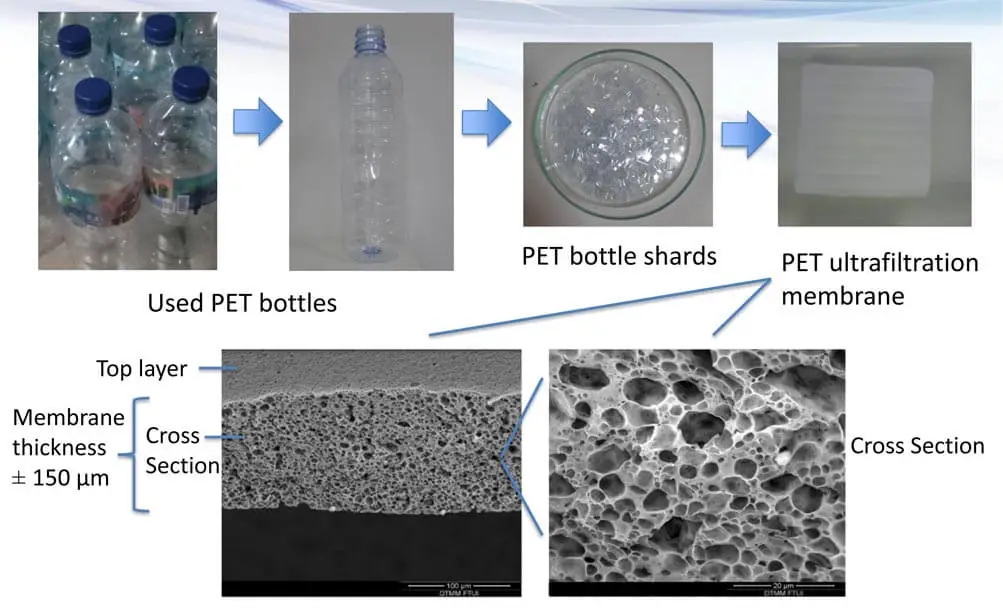
Researchers of Pharmaceutical Chemical Engineering SGU had the idea to invent ultrafiltration membranes with abundant raw materials in Indonesia. Indonesia is the fourth country in the world to use the most plastic bottles Indonesia.
According to the Indonesian Plastic Industry Association (INAPLAS) and Badan Pusat Statistik (BPS) in 2019, plastic waste in Indonesia reached 64 million tons per year. As many as 3.2 million tons of them could not be processed and were eventually dumped into the sea. This is very dangerous because plastic waste takes hundreds of years to break down. Excessive plastic waste can pollute water, soil, and even air.
“We see that many plastic bottle raw materials are produced in Indonesia. The idea is, instead of plastics polluting the environment, we use plastic bottle waste to make ultrafiltration membranes, “he said.
This project has been financially supported by the Ministry of Research & Technology of the Republic of Indonesia through the World Class Research (WCR) grant program 2019-2020. SGU was the only institution that received the title of World Class Research for the West Java and Banten region in that year.
The result of this research has also been published in the Journal of Environmental Chemical Engineering 2020, 8, 104381 (an international SCOPUS-indexed Q1 journal). This means that this research is included in the top 25 international journals with the greatest influence based on the Scopus index in the field of environmental chemical engineering. Scopus is a database of scientific literature or citations owned by the world’s leading publisher, Elsevier. International SCOPUS-indexed Q1 journal publications are cited more often and by more prestigious journals than those in the other quartiles.
Samuel said the result of this research has been registered in 2020 as a patent to the Director-General of Intellectual Property, Ministry of Law and Human Rights, Republic of Indonesia. This membrane is very useful for industries in Indonesia. However, further development and cooperation with the industry are needed to become a complete product.

